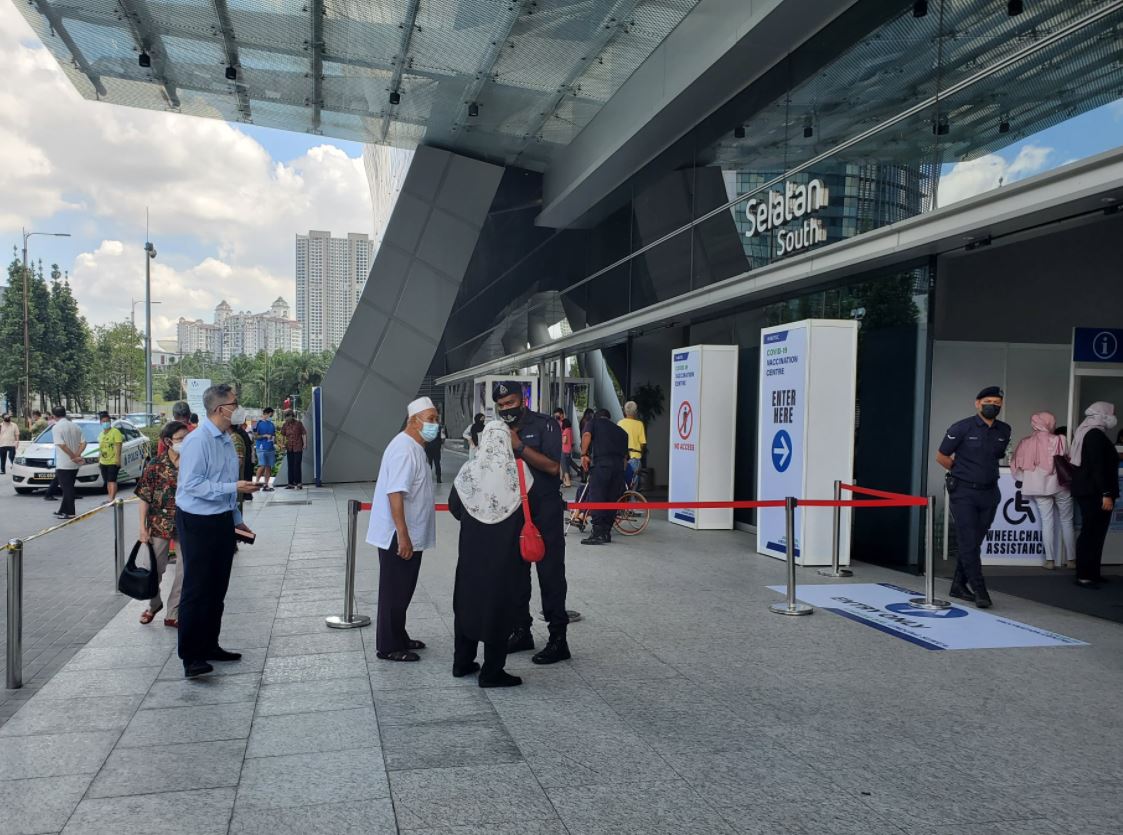Economic recovery in APAC to ease in 2H21 while Delta disrupts Southeast Asia — Moody’s Analytics

KUALA LUMPUR (July 26): Southeast Asia has lagged the pace of recovery in the Asia-Pacific region (APAC) with the economies in the former still performing below pre-pandemic peaks in the first quarter (1Q21), according to Moody’s Analytics. However, recovery in APAC is expected to ease in the second half of this year.
In a note today, Moody’s Analytics said the spread in Southeast Asia of the Delta variant of the coronavirus that causes Covid-19 is disrupting economic recovery in 3Q21 given the strength of the current wave of the Covid-19 and policy responses to it.
“Malaysia has very strict movement control orders around Kuala Lumpur and the national capital region.
“While the daily total new coronavirus caseload is higher in Indonesia, on a per capita basis Malaysia is far ahead of any other APAC country at this time,” it added.
The research house said the economic impact of the current round of movement restrictions in the region will be felt, as social distancing will slow domestic spending.
However, it noted that economic impact will not be as deep as the recessions that occurred in 2Q20, as the movement restrictions are generally shorter in duration and in many cases less strict.
“Our forecasts for the 3Q21 across much of APAC are revised lower, but some recovery is expected in 4Q21,” it said.
The slower growth for APAC is due to supply-chain limitations, particularly for semiconductors, which will keep input prices high and delivery times extended.
“Further, the US is now past its peak growth rate as expenditures from its early 2021 stimulus are now fading. Europe will pick up some of this slack as its vaccination rate accelerates, but it does not have the accompanying stimulus that accelerated US growth,” it said.
It noted that downturns have been sharp since the middle of the 2Q21 in India and Singapore, but neither fell as much as in 2020.
“Within Southeast Asia, movement restrictions have hit Malaysia and Vietnam very hard,” it added.
Moody’s Analytics noted that dates for lifting movement restriction and APAC region’s domestic economies reopening in 4Q21 heavily depend on vaccinations.
“The current Covid-19 waves in Indonesia, Malaysia and Thailand are clear evidence of the risk to countries that have low vaccination rates.
“Fortunately, the pace of vaccination is accelerating around the APAC region, most visibly in China, Japan, Cambodia and Malaysia, and to a certain extent in Indonesia,” it added.
The research house said exports are a lifeline for the region, with exports across the APAC region well above their pre-pandemic levels and have continued to rise throughout 2Q21.
“Despite the struggles to contain the current wave of Covid-19 that create considerable risk, under the assumption that the global economy continues to support export trade and the APAC domestic can ease out of current movement restrictions, acceleration in 4Q21 will ensure positive economic growth for 2021,” it added.
Moody’s Analytics noted that there are three significant risks to the outlook for 2022 and 2023: insufficient vaccine supply, timing of normalisation of fiscal and monetary policy, and household and corporate debt under debt payment moratoriums.
“But if the economy performs as expected and accelerates again in 4Q21 and into next year, these risks will be minimised,” it added.
Get the latest news @ www.EdgeProp.my
Subscribe to our Telegram channel for the latest stories and updates
Never miss out
Sign up to get breaking news, unique insights, event invites and more from EdgeProp.
Latest publications
Malaysia's Most
Loved Property App
The only property app you need. More than 200,000 sale/rent listings and daily property news.
